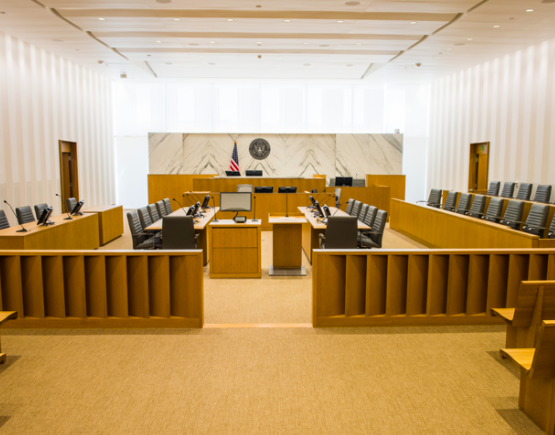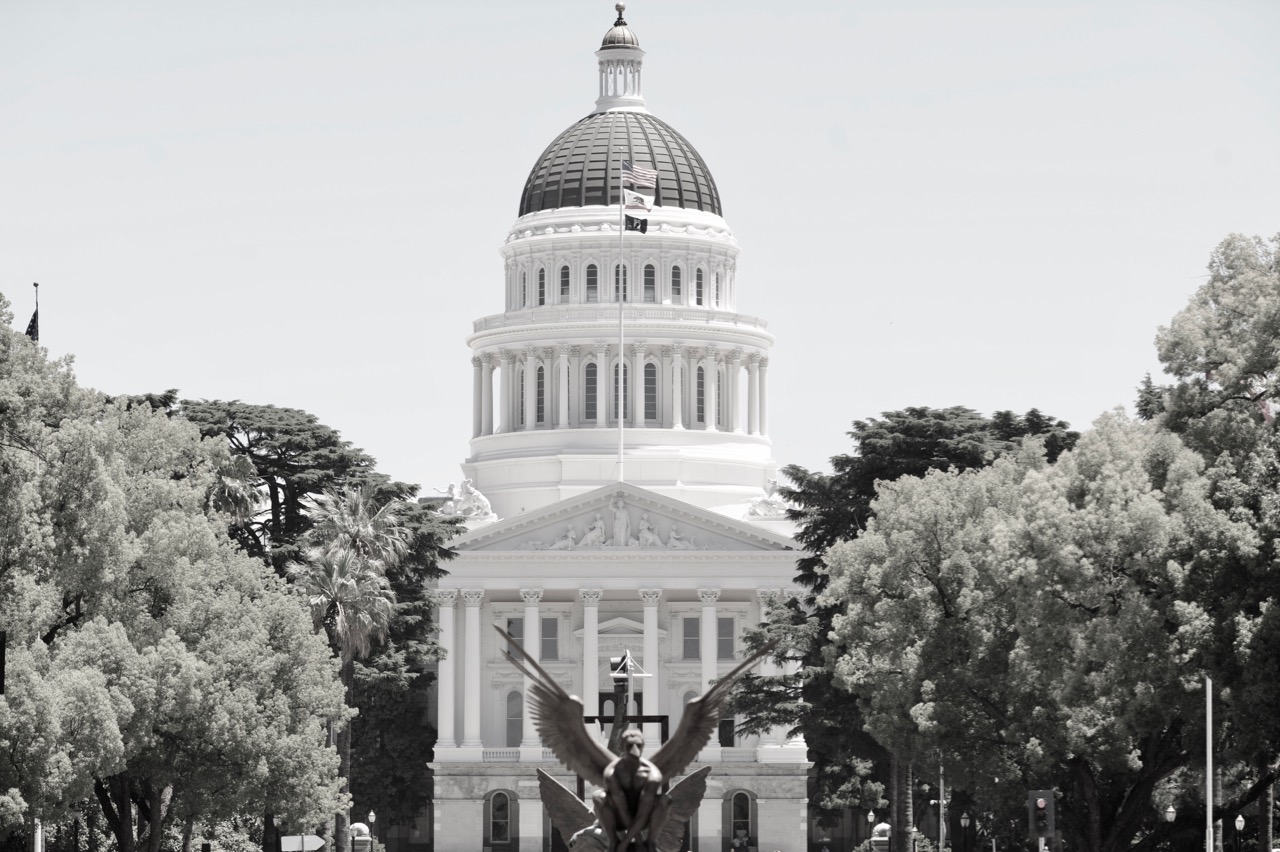
Central District of California in Los Angeles courtroom. (Photo: uscourts.gov)
Incidental Powers of Judicial Officers
A judicial officer has the powers to compel obedience to the officer’s lawful orders
By Chris Micheli, October 11, 2024 2:30 am
The California Code of Civil Procedure, in Part 1, Title 2, Chapter 4, provides a number of incidental powers and duties of judicial officers. Section 177 states that a judicial officer has the following powers:
- To preserve and enforce order in the officer’s immediate presence, and in proceedings before the officer, when the officer is engaged in the performance of official duty.
- To compel obedience to the officer’s lawful orders.
- To compel the attendance of persons to testify in a proceeding before the officer.
- To administer oaths to persons in a proceeding pending before the officer.
- To prohibit activities that threaten access to state courthouses and court proceedings, and to prohibit interruption of judicial administration.
Section 177.5 requires a judicial officer to have the power to impose reasonable money sanctions, not to exceed $1,500, payable to the court, for any violation of a lawful court order by a person, done without good cause or substantial justification. The term “person” is defined.
Section 178 allows, for the effectual exercise of the powers conferred, a judicial officer to punish for contempt in the cases provided in this Code.
Section 179 provides that each of the justices of the Supreme Court and of any court of appeal and the judges of the superior courts, has power in any part of the state to take and certify:
- The proof and acknowledgment of a conveyance of real property, or of any other written instrument.
- The acknowledgment of satisfaction of a judgment of any court.
- An affidavit or deposition to be used in this state.
- Construction of Eminent Domain Law - February 21, 2026
- Deposition of Expert Witnesses - February 20, 2026
- Response to Interrogatories - February 20, 2026





One thought on “Incidental Powers of Judicial Officers”